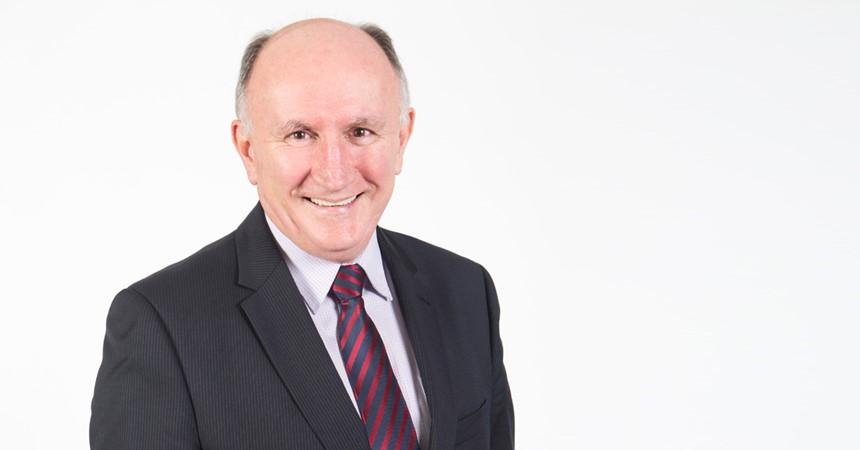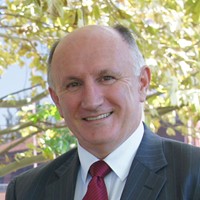Even before the Irish Potato Famine of the late 1840s, it was estimated that over two million people were starving.
One of my wife’s Great, Great Grandmothers came to Australia as part of the Irish Famine Orphan Migration scheme in 1850. She had been able to escape the horror of the overcrowded and disease ridden Workhouses that were the only refuges available to the famine affected families.
Annette’s family, 130 years later, were to provide refuge for another group of boat people, converting the shearing quarters on their property to accommodation for Vietnamese refugees. One of those families still lives in Coonamble, has run a very successful business and remained close friends of Annette’s family.
All of these thoughts came to mind when I attended a recent Catholic Professionals Lunch where the guest speakers were Phil Glendenning, Director of the Edmund Rice Foundation and President of the Refugee Council of Australia, John Sandy, a refugee to Australia from Sierra Leone and David Manne, an International Human Rights Lawyer.
They each presented a compelling case for Australia altering its approach to addressing the refugee crisis not only in our region but across the world.
John Sandy’s story alone highlighted just how difficult it is for a refugee with a compelling case, regardless of the fact that his wife and children were already living in Australia, to leave the confines of a refugee camp in Africa and to reunite with his family in Australia. The time it took and the hoops he had to jump through would have caused any many refugees to give up.
Phil Glendenning provided the most significant challenge of the day, highlighting the previous influx of refugees to Australia, particularly those after World War II and the Vietnam War. In both cases, there was a bi-lateral approach by the major political parties of the time to reach out to those who were fleeing decimated countries where hunger and persecution were very much the lived experience of many.
The Hunter area, in particular, played a huge role in the re-settlement of European refugees, with the Greta Migrant Camp in the 1950s and 1960s being part of the story of the Hunter region.
The interesting point that Phil made was that the vast majority of Vietnamese Boat People came to Australia by air from Malaysia, the country to which they fled by boat, through pirate infested waters. It was again the bi-lateral approach of the Coalition Government led by Malcolm Fraser and the Labor Opposition led by Bill Hayden that enabled a consistent approach to addressing the plight of these people by working with the Malaysian Government and the United Nations to provide an effective resolution to the refugees’ plight.
As Phil pointed out, would it be so difficult for our major parties today to adopt an approach that would see the billions of dollars being spent on offshore detention being used instead to assist the Indonesian and Malaysian Governments and the United Nations Refugee Agency (UNHCR) in providing adequate accommodation for the refugees who seek initial refuge in those locations? Then by raising the number of refugees accepted into Australia and by processing them utilising adequate resources, we would eliminate the need for refugees to undertake risky boat trips to Australia and allow them to fly to Australia in a regulated and safe manner.
It is certainly worthy of our politicians putting the political point-scoring aside and focusing on what is a far more humanitarian approach to a rapidly escalating issue.

